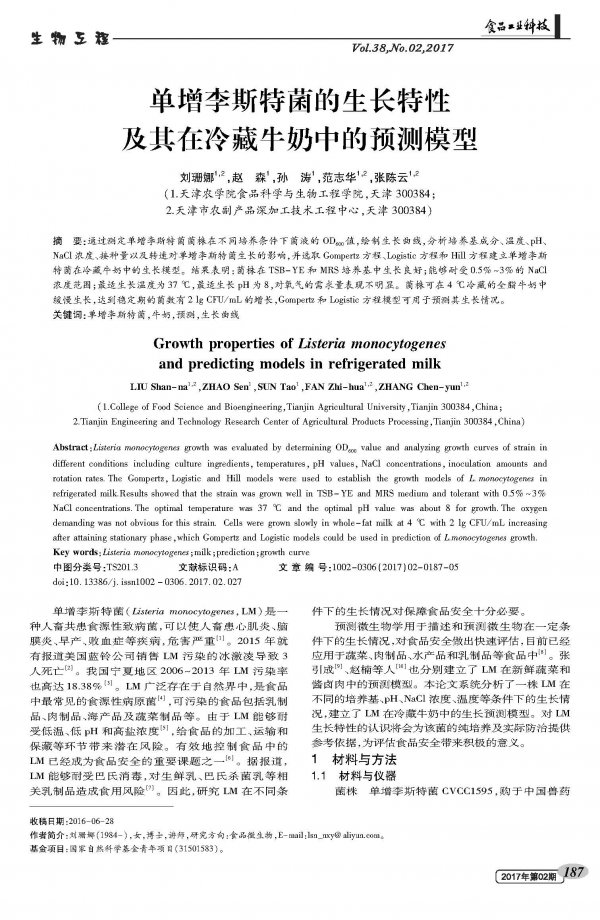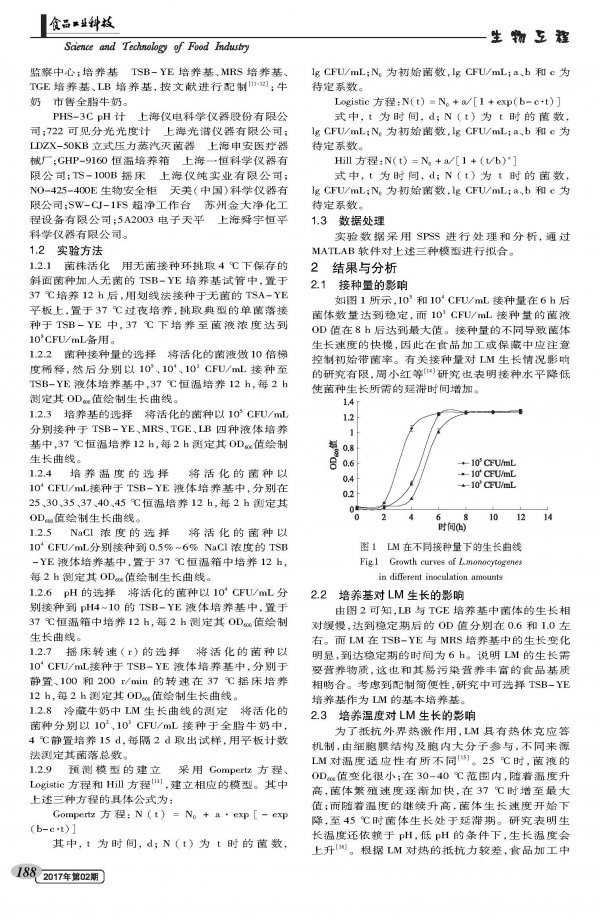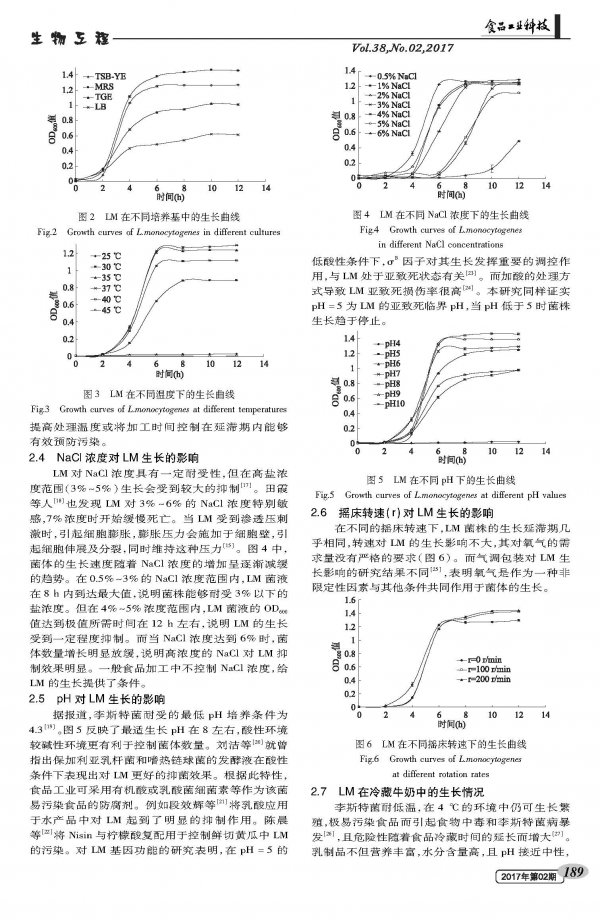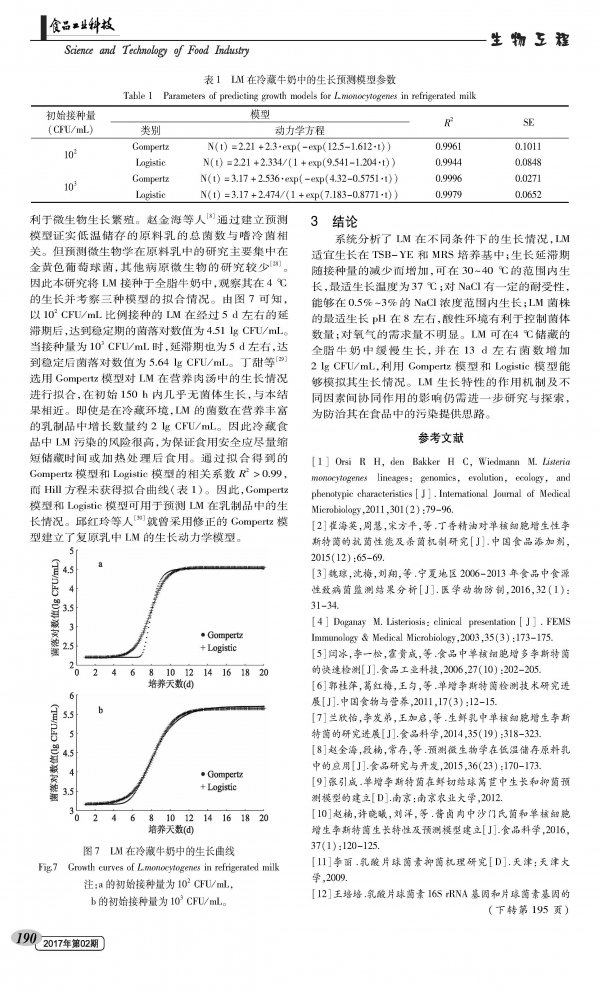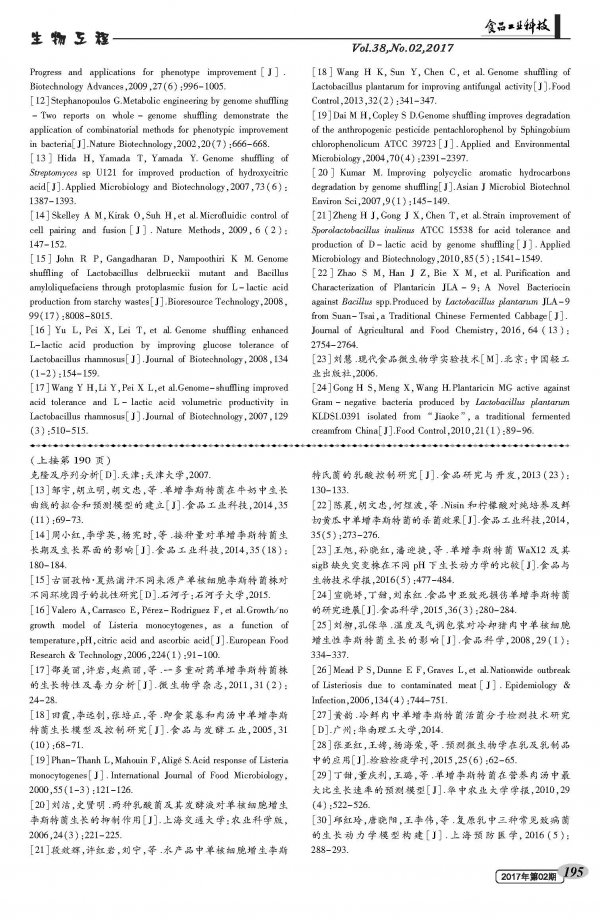Listeria monocytogenes is a food-borne pathogen that affects humans and animals. It can cause diseases such as myocarditis, meningitis, premature labor, and sepsis in humans and animals. In 2015, it was reported that the American Blue Bell Company sold LM-contaminated ice cream, resulting in three deaths. The LM pollution rate in China's Ningxia region from 2006 to 2013 was also as high as 18.38%. LM is widely found in nature and is the most common foodborne pathogen in food. Contaminated foods include dairy products, meat products, seafood and vegetable products. Because LM can withstand low temperatures, low pH and high salt concentrations, it poses potential risks in the processing, transportation and preservation of food. Effective control of LM in food has become one of the important topics in food safety. According to reports, LM can withstand pasteurization and pose a food risk to raw dairy products such as raw milk and pasteurized milk. Therefore, it is necessary to study the growth of LM under different conditions to ensure food safety. 